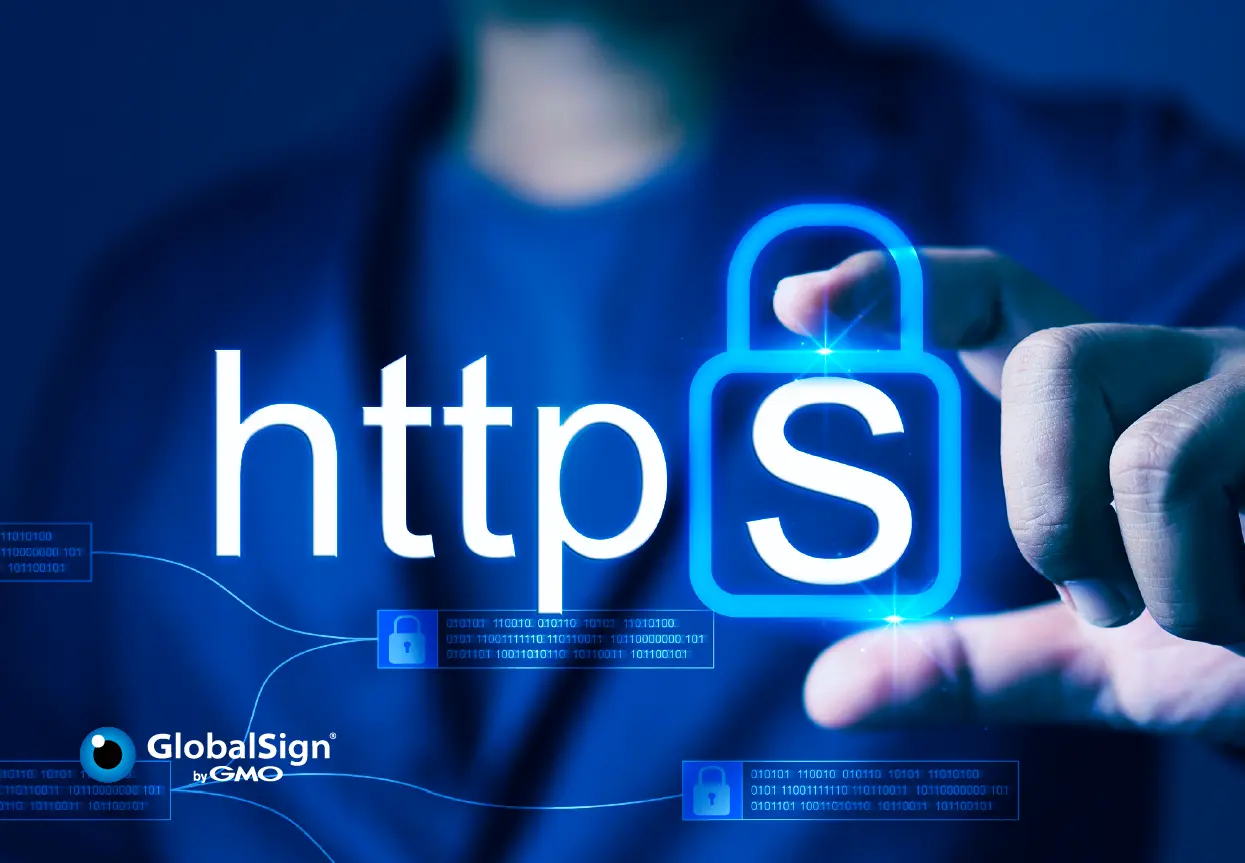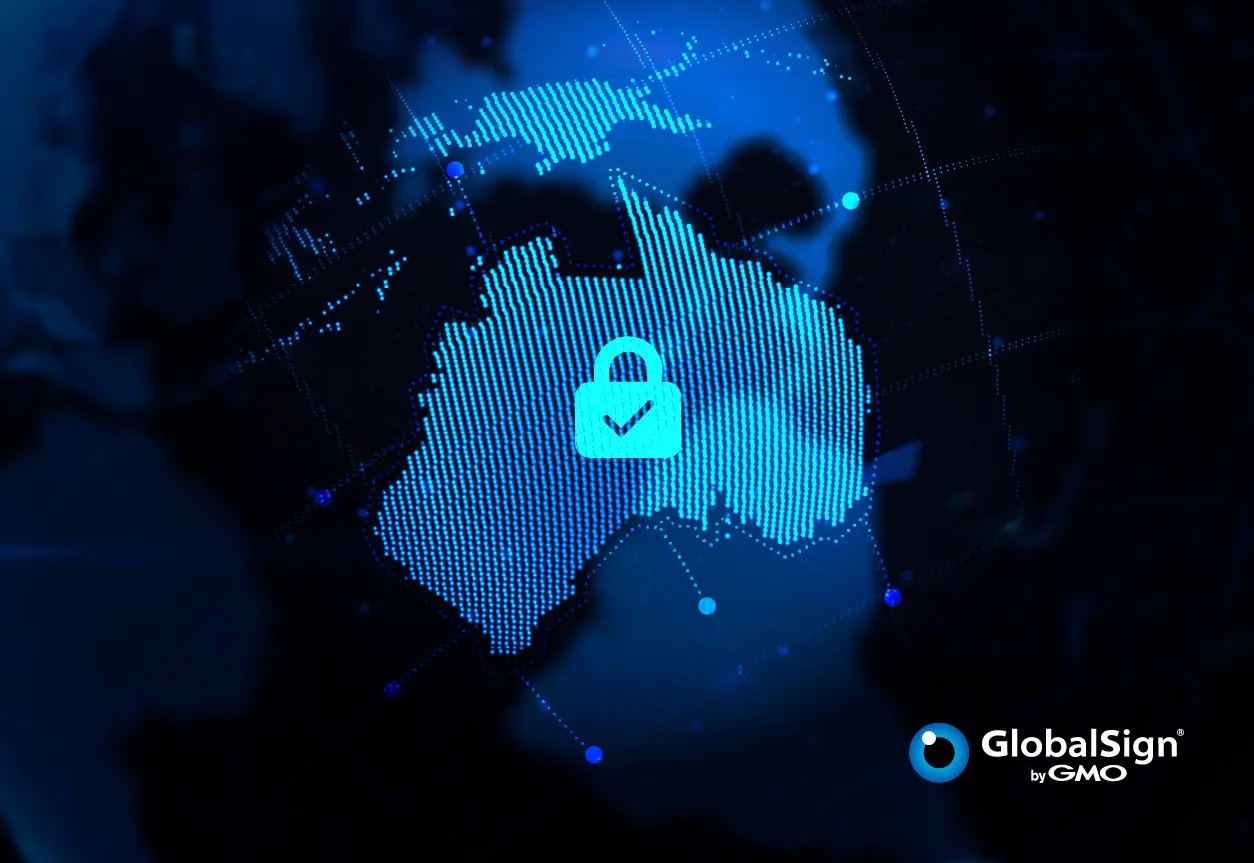Most companies have developers that create self-signing signatures. Let us discuss why opting for digital certificates from a trusted CA is a better idea rather than using self-signed options
Are self-signed digital signatures a bad idea?
A digital signature is used to authenticate a user’s identity. Signing documents and emails using digital certificates also protects your data from getting tampered with. Essentially, a self-signed digital signature does not rely on trusted third-party certificate authorities (CAs) for obtaining signatures. It works like a regular digital certificate but only for the user since you created your signature.
When using a self-signed certificate, you are vouching for yourself as a trusted user. However, systems do not have your public key in their list of trusted root sources and hence have no reason to trust you. Timestamping your certificates will also be an issue.
So why do some companies use self-signed certificates? One reason may be for internal processes, or in testing environments. But self-signed certificates should only be used internally as it may prompt a security alert otherwise.
Since Microsoft has a list of trusted reputable third-party certificate authorities (CAs), security or unverified warning may come up when using self-signed certificates. Simply opting for a trusted CA can eliminate this issue.
Why get a digital signing certificate from a trusted CA?
Any company that wants to develop trust in users and boost their digital safety would opt for a digital signing certificate from a trusted CA. Digital signatures using Public Key Infrastructure (PKI) provide the highest level of security and acceptance available. Your company can be confident that the records have legitimate approvals from legitimate sources.
Choosing to get a digital certificate from a trusted CA makes it a lot easier to handle all the cryptographic components needed to utilize digital signatures such as signing certificates, timestamping, and key management behind the scenes. Companies no longer have to spend resources on hardware investment, and no advanced PKI knowledge is needed from signing services or clients to authenticate identities and protect documents.
What’s the verdict?
To put it simply, self-signed certificates have no assurance that the sender is who they claim to be, aside from the sender themselves. There is no way to independently verify that the signed document or data came from a reliable signer. If at all, self-signed certificates must only be used personally.
For any company that wants to authenticate their identity when sending documents and protect their data from getting intercepted, a digital certificate is the solution. However, your identity cannot be verified by other users when using a digital certificate that you created. They would have to manually decide to trust the self-signed certificate.
So for companies who want to remain compliant and secure when signing documents and emails, they would need to use digital signatures that use topnotch security techniques such as DSS for documents and S/MIME for emails from a trustworthy CA.
GlobalSign is committed in providing the best cyberdefense systems. We aim to improve efficiency in the workplace through automated solutions, and help your organization achieve compliance by providing digital signatures that use topnotch security techniques such as encryption and digital certificates. Through this, workflow becomes easier in organizations, clients experience better convenience – all while remaining compliant and secure.






